(ATHENS) The role of technology in Shipping and the Journey to 2050 were debated at an ABS event which included leaders from the Union of Greek Shipowners (UGS), the Massachusetts Institute of Technology (MIT), Chevron Shipping Company and Clarkson Research Services Ltd.
“Rapid change and complex challenges characterize today’s maritime world. We need a safe and sustainable transition to a low carbon business model with a platform for growth. To achieve it, we will need new fuels, new approaches to vessel design and operation – and nothing less than a sweeping technology transformation,” said Christopher J. Wiernicki, ABS Chairman, President and CEO, who was one of the panelists.
Wiernicki was joined on the panel by Captain Phil M. Davies, Chevron Shipping Company; Dimitrios Fafalios, UGS, and Prof. Michael Triantafyllou, MIT. Martin Stopford, non-executive President of Clarkson Research Services Ltd., moderated the event.
“The digital age requires collaboration, in which the expertise and innovative ideas of widely diverse people throw open the doors to the future. We must become very comfortable with uncertainty on the journey to 2050 as we work together to develop and deploy technologies that will get us to 2050 while never compromising safety or forgetting that people are the engine that drive this industry forward,” added Wiernicki.
Dimitrios Fafalios said: “It’s an exceptional meeting of minds here as we traverse the evolution of shipping. As our industry grows, we also diverge across all sectors. As each sector requires a tailored solution, each sector must appreciate and respect each other to achieve our common goal. This requires true collaboration on the journey to 2050 among every owner, operator, charterer, supplier, classification society and seafarer, as each is critical to our industry’s success.”
Captain Davies said: “We’ve come a long way in terms of decarbonization, disruptive technologies and digitization, yet looking ahead, data really is the new fuel. However, beyond the volumes of data and what we do with it on our journey to 2050, keeping our people safe and well-trained with enhanced skills and competencies will always be our focus.”
Prof. Michael Triantafyllou said: “It is easy to become overwhelmed by data and digital technologies. Digital twins will be a powerful and enabling tool that will transform our industry and will extend asset life and servicing on an as-needed basis rather than being held to a calendar-based timeframe.”
Martin Stopford concluded: “Today was an exceptionally powerful and deeply relevant conversation among global shipping leaders to explore practical ways that will shape a remarkable journey ahead of everyone in the industry.”
The event, at the Stavros Niarchos Foundation Cultural Center, explored practical challenges around implementing digital and decarbonization technologies. The audience of more than 250 global shipping leaders also discussed issues around mandatory speed limits, speed optimization strategies, additive manufacturing and many others.
About ABS
ABS, a leading global provider of classification and technical advisory services to the marine and offshore industries, is committed to setting standards for safety and excellence in design and construction. Focused on safe and practical application of advanced technologies and digital solutions, ABS works with industry and clients to develop accurate and cost-effective compliance, optimized performance and operational efficiency for marine and offshore assets.




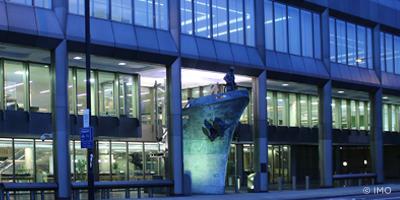




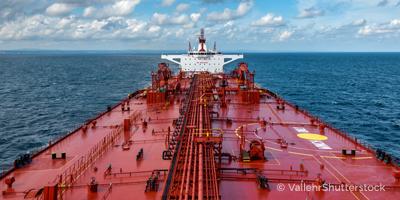

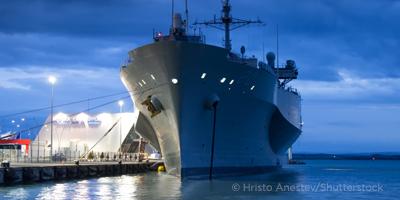










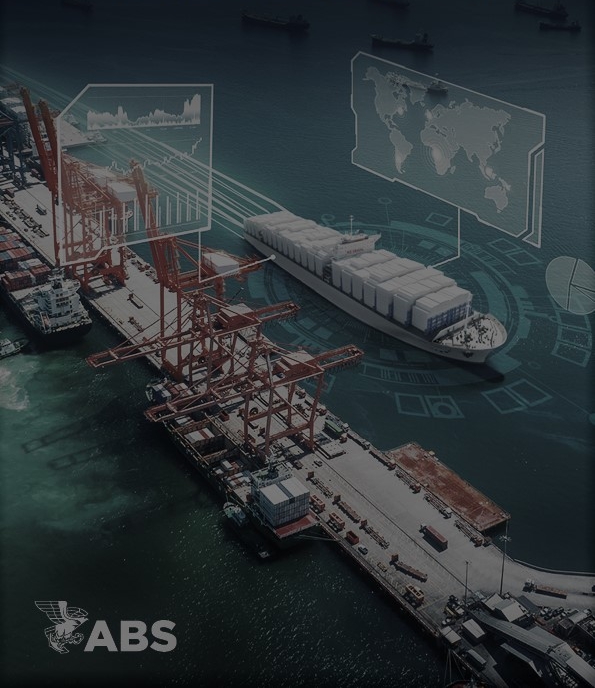





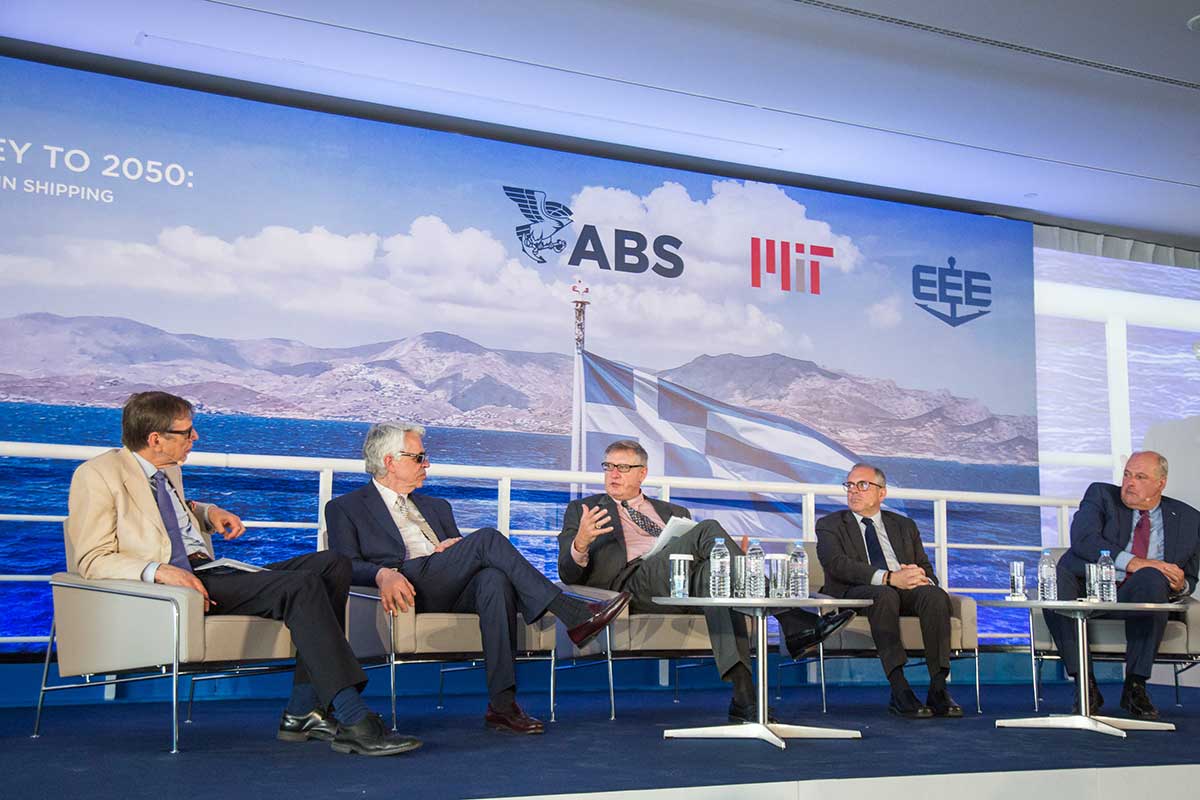
 Download photo
Download photo 





